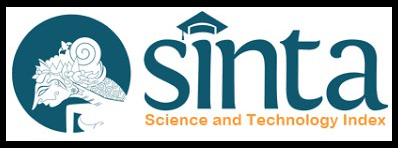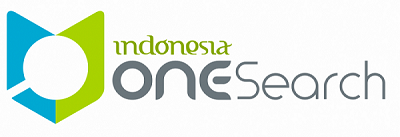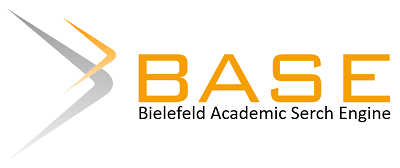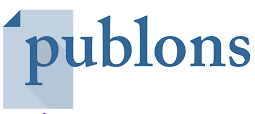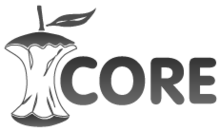ANALYSIS OF CHEMICAL LITERACY OF PROSPECTIVE TEACHER STUDENTS
DOI:
https://doi.org/10.37304/balanga.v11i1.10026Keywords:
Analysis, Literacy, ChemistryAbstract
The Covid-19 pandemic is a virus that has spread and shocked the world. The Covid-19 pandemic has caused significant literacy and numeracy learning losses. Indonesian human resources are expected to be able to compete with other countries in the 21st century education era. Development of student literacy is very urgent and urgent which aims to encourage students to have skills that support responsiveness to changing times, including during the current Covid-19 pandemic. The characteristics of scientific literacy are very closely related to learning chemistry, namely understanding the nature of matter particles, chemical reactions, chemical laws and theories, and chemical applications in everyday life. Based on initial observations through empirical fact studies, students' literacy skills are still relatively low, while chemical literacy skills must be based on an understanding of the basic concepts of science/chemistry. In addition, the low ability of scientific literacy is due to the fact that the questions developed in schools are still not able to identify students' abilities. This study aims to determine differences in chemical literacy of prospective teacher students. The urgency of this research is to find out students' chemical literacy skills as a basic reference in developing appropriate chemistry learning tools. This type of research is descriptive research. The research subjects were prospective teacher students at Palangka Raya University. The research instruments used were 27 multiple choice questions and interview guide sheets based on the 2015 PISA scientific literacy framework on the dimensions of context, knowledge and competence. The results of the study show that in each dimension, two dimensions are in the low category and only literacy in the context aspect is in the medium category. The lowest literacy dimension is the ability to explain material/content knowledge (P.1).
Downloads
Downloads
Published
Issue
Section
License
Copyright (c) 2023 BALANGA: Jurnal Pendidikan Teknologi dan Kejuruan

This work is licensed under a Creative Commons Attribution 4.0 International License.









